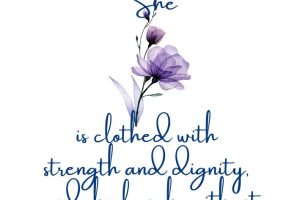This chapter is a genealogy of Esau. It is told that Esau and Jacob actually lived together until their possessions became too great and Esau moved away and settled at Seir.
The chapter then describes how his descendants became rulers and kings
At the end, it was well with Esau, he lived in peace with Jacob. There is no tale on how he died, probably Jacob never saw him again after that moment, also remembering that Jacob moved to Egypt also later on.
With this, Season 3 about Jacob ended, next chapter will be new Season about Joseph. Of course there will still be stories about Jacob, but the focus shifted to Joseph.
Just like the book Return of Condor Heroes is about Yang Guo and Guo Jing stays in the background.
====
While reading this, I cannot but notice some discrepancies on Esau’s wives name, compared to previous chapters. Some tried to explain that one person can have multiple names, or Esau may change the name (like Judith (praise God) is a good name, likely Esau changed it, to appease his parents).
Decades ago, I used to be restless and curious to solve the discrepancies.
Not anymore. Decades ago I already had lots of discussion on the doctrine of inerrancy in cybergki and learned from theologian AS and Rev Joas then. When I studied at SBC (a conservative school), the Systematic text book for first semester (erickson) who uphold the inerrancy, already highlighted the discrepancy in the book of Chronicles, with no explanation, leaving it to the readers to find peace ourselves (or maybe the only explanation is that the original text is lost). I entered the bible school to find answers, only to realise that you don’t find it but you learn to grapple with more mysteries and unanswered questions. (Andre Sulaiman recently quipped at me, that some have their faith shaken once they learn theology in his school. Ha-ha, considering that both our schools are conservative).
I am actually content with Dr Joas Adiprasetya’s explanation in his book (BTI), that the Bible is the word of God, in the sense that the Bible testifies the word of God. The Word is Jesus. If you see baby Jesus in the manger, you’ll see Jesus, the Word. The manger is the scriptures (aka the bible). Also theologian AS taught me to see those as story genre and to find the intention of the story teller instead, that matters more. Then AS passed me Gearson’s book who always insisted to resolve all discrepancies; he said, end up Gearson invented his own bible, in his effort trying to reconcile those.
Hence, I am not so keen anymore to resolve discepancies on some data in the bible. When I studied at STFTJ, I asked this briefly, Dr Agustinus just threw back the Q at me – is it important? What’s important for you?





Add Comment